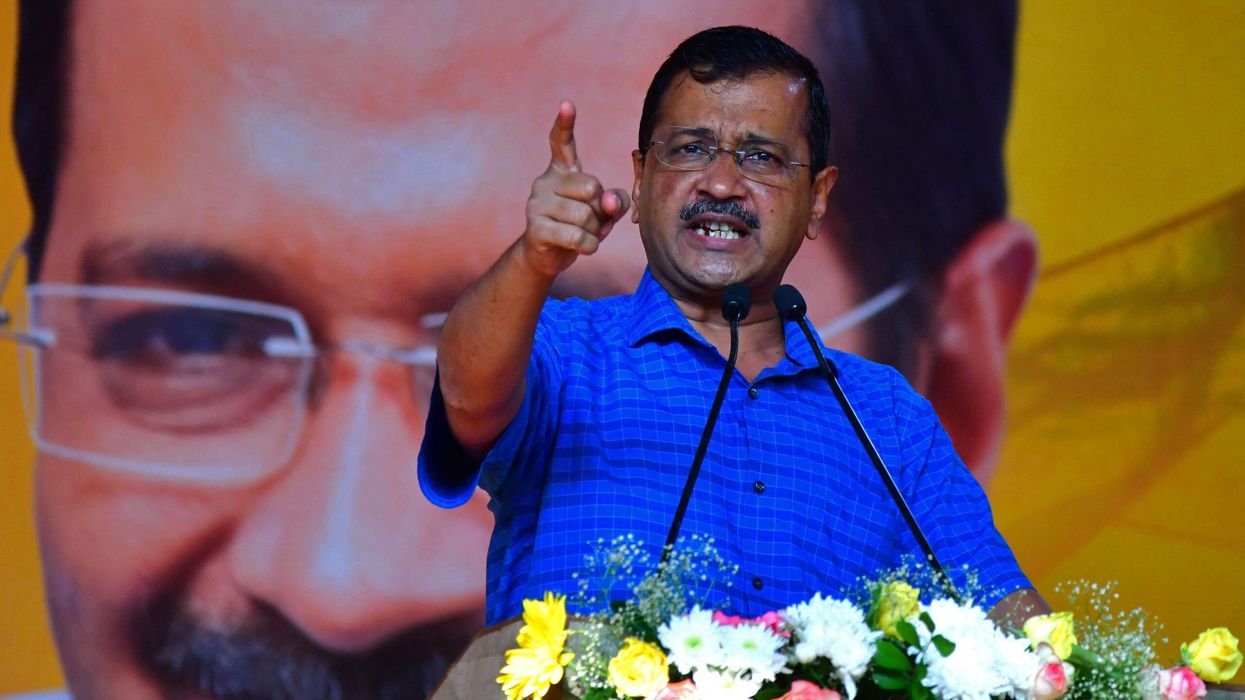In a significant boost for the opposition alliance in the country, India's top court granted temporary bail to Delhi's chief minister, Arvind Kejriwal, in a graft case, allowing him to campaign in the ongoing general elections.
The bail is extended until June 1, the final day of voting, following which Kejriwal is to return to pre-trial detention.
"Today, the Supreme Court has brought a ray of hope into the hearts of the people who love this country, the constitution, and democracy...this is a victory of truth," said Gopal Rai, Delhi's environment minister and a senior leader of Kejriwal's Aam Aadmi Party (AAP).
Voting in India began on April 19, with elections for over half of the 543 parliamentary seats completed by the third phase on May 7. Kejriwal's AAP holds influence in New Delhi and Punjab, with elections scheduled there for May 25 and June 1, respectively. Vote counting is slated for June 4.
"This is the victory of democracy," said Kejriwal's wife, Sunita, following the court's decision. AAP members celebrated outside the party office, expressing support for Kejriwal and criticism towards prime minister Modi.
The court's consideration for granting temporary bail stemmed from an appeal against Kejriwal's arrest, recognising the significance of the ongoing elections.
"Opposition parties have accused prime minister Narendra Modi's government of using investigative agencies to target its rivals, which the government denies," stated a spokesperson for the opposition.
Kejriwal's arrest on March 21 by India's probe agency, Enforcement Directorate, in connection with corruption allegations related to Delhi's liquor policy, led to his pre-trial detention from April 1 onwards. His wife, Sunita, has been campaigning in his absence.
Members of the opposition INDIA alliance, including the AAP, expressed satisfaction at Kejriwal's bail.
Mamata Banerjee, chief minister of West Bengal and a key INDIA bloc member, said she was 'very happy' Kejriwal got bail. "It will be very helpful in the context of the current elections," she posted on X.
Kejriwal's lawyer, Abhishek Manu Singhvi, argued that the timing of Kejriwal's arrest aimed to hinder his campaign against Modi, who polls suggest is positioned for a third consecutive term.
ED lawyers argued that granting bail to a politician solely for campaigning risked conveying the message that there were different standards for such figures compared with other citizens.





